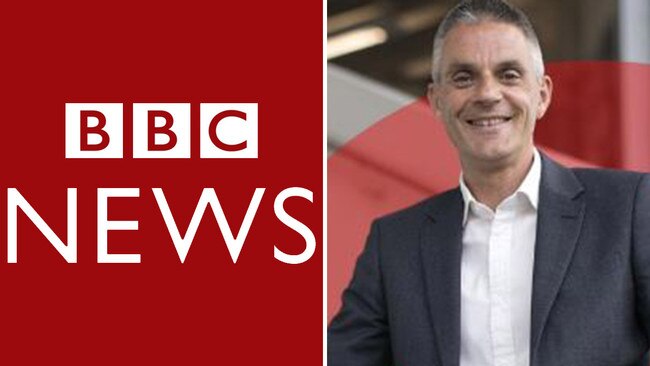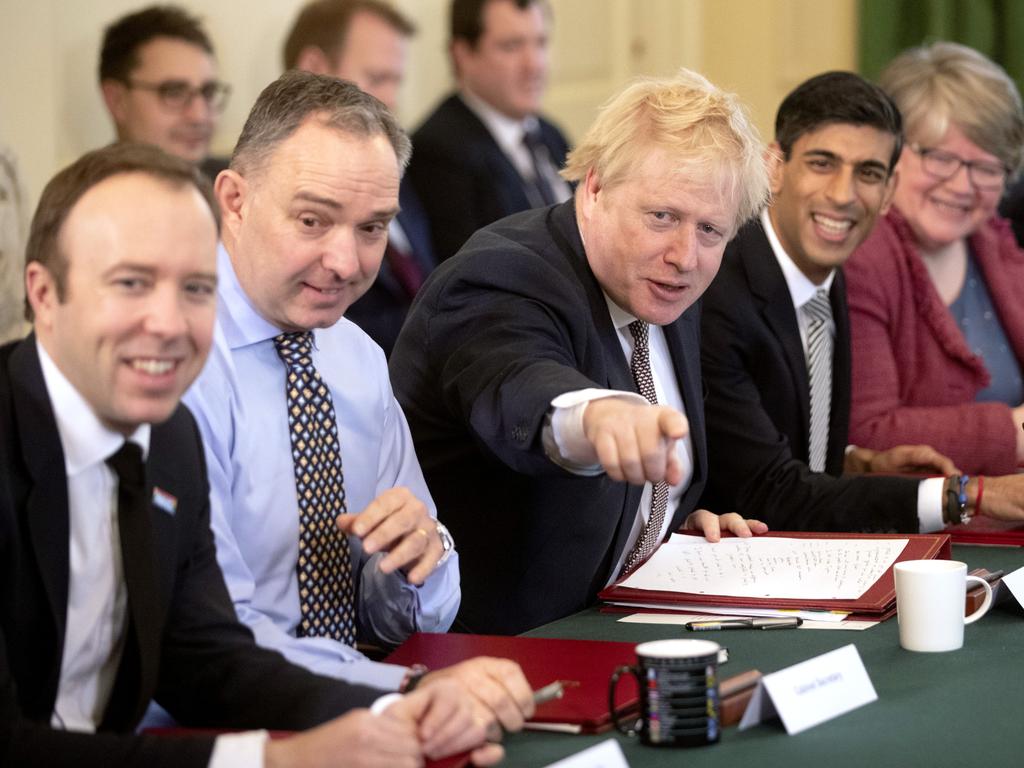BBC should be cut down to size, says new chief
The new BBC boss declares an end to its expansionism and warns opinionated staff about their use of social media.

The BBC’s new director-general has declared an end to its expansionism and warned of a crackdown on stars who carry out “partisan campaigns” on social media.
Tim Davie raised the prospect of a 20 per cent cut in BBC output and warned that he would not hesitate to close channels as he outlined his priorities in his first speech to staff after taking over this week.
Mr Davie, 53, said that there was still too much bureaucracy at the organisation, which had increased its number of employees when it was under pressure from the government to reduce its ambitions and costs.
He also warned of pending curbs on employees’ use of social media, saying: “If you want to be an opinionated columnist or partisan campaigner on social media then that is a valid choice, but you should not be working at the BBC”.
The director-general was speaking after the latest bruising clash with the government, this time over the performing of Rule, Britannia! and Land of Hope and Glory at Last Night of the Proms. “The evidence is unequivocal: the future of a universal BBC can no longer be taken for granted,” Mr Davie said in Cardiff yesterday.
In criticisms of the previous regime, he said that the BBC had spread itself too thinly, been “too slow” at ending projects that did not work, had allowed too much duplication and had continued to employ people of a “BBC type”. He added: “We must make changes because it will harm the BBC if we don’t. The truth is that for all our extraordinary efforts there is significant risk. If current trends continue we will not feel indispensable enough to all our audiences. We have no inalienable right to exist.”
Richard Sambrook, a former senior BBC executive, is working on a review of social media use. Mr Davie warned journalists against being “driven by our personal agendas” and urged staff to work “free from political bias”. It is unclear whether a crackdown would include freelance presenters such as Gary Lineker, who has used social media to make political statements.
Tim Davie’s introductory speech as BBC Director-General: https://t.co/LG5K0dG07s pic.twitter.com/Kgswc6HbeB
— BBC Press Office (@bbcpress) September 3, 2020
Mr Davie, who previously ran the organisation’s commercial arm, BBC Studios, and once stood to become a Conservative councillor in London, has assumed the job at one of the most important periods in the corporation’s history. Senior members of the Conservative government have made no secret of their desire to remove its £4 billion income from licence-fee payers and make it a commercial subscription service.
The BBC has also faced repeated accusations of left-wing bias, London-centrism and of being irrelevant to younger generations who have grown up with social media and streaming platforms.
Mr Davie said that he did not want a “subscription BBC that serves the few [even though] we could make a decent business out of it and I suspect it could do quite well in certain postcodes”.
He said that the corporation needed to become more streamlined while also looking to increase its income from commercial partnerships. Mr Davie said that although there were no “short-term plans to shut channels or radio networks … I do think this moment marks the end of linear expansion for the BBC”.
He added: “As we move further towards an online world we will not hesitate to close channels if they do not offer value to our audiences.” The BBC needed to consider “what we would do if we could only make 80 per cent of our current hours … It is about reallocating funds to where they generate most value.”
In another swipe at his predecessor, Lord Hall of Birkenhead, Mr Davie said he regretted that the BBC had not “gone further to create a more diverse and inclusive environment”, saying: “The gap between rhetoric and action remains too big.”
He added: “We must move away from any sense of a ‘BBC type’ and not hire in our own image … we will look to make the BBC less rather than more London-based.”
The corporation “must create a simpler, leaner organisation”, he said, adding that despite “numerous programs to reduce costs … we have actually increased our public service headcount over the last three years and we all feel that there is still too much bureaucracy”.
Mr Davie also told staff: “We see this institution as essential and important. We debate the latest political shenanigans, internal dramas and the latest press flare-up as though these things represent what matters. This is dangerous. It means that we can take our eyes off the key issue of how much value we are delivering to each member of the public, and the UK as a whole.”
The Times







To join the conversation, please log in. Don't have an account? Register
Join the conversation, you are commenting as Logout